How to say no to things you don't want to do when you have anxiety
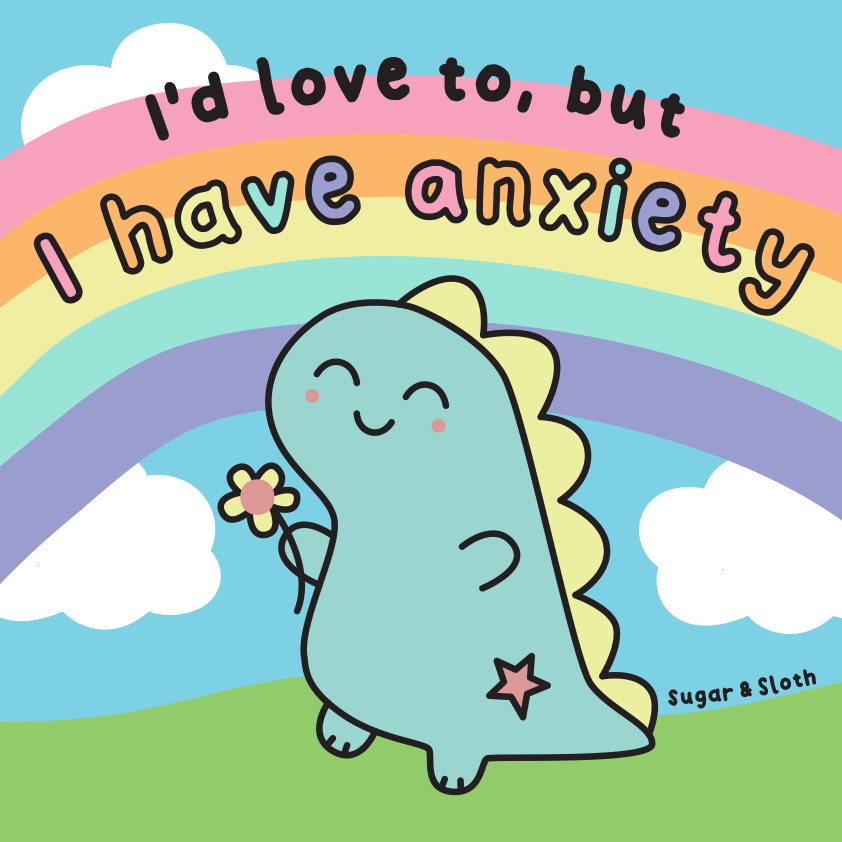
Life with anxiety. Urgh.
It’s a constant balancing act of prying myself out of my comfort zone, so as not to miss out on too much, and learning when to say no, to save myself stress and overwhelm.
Unfortunately it’s not always socially acceptable to say “No, I have anxiety”. Believe me, I’ve tried.
Although the world is getting more understanding toward mental health struggles, and one day I hope it will be much more socially accepted!
Also, we don’t always want to share our mental health struggles or diagnosis with everyone we meet, that can leave us feeling vulnerable, and guess what? Even more anxious.
Here are some tips on declining invitations or requests with grace and minimum guilt.

1. Prioritise Self-Care: Anxiety can take a significant toll on your mental and physical well-being.
Recognise that saying no is an act of self-care, not a selfish act. By putting your mental health first, you're taking a step towards managing your anxiety better.
2. Be Honest and Open: When declining an invitation or request, it's best to be honest about your feelings.
You don't have to go into great detail about your anxiety, but explaining that you're going through a challenging time and need to take a step back can help others understand your situation.
3. Offer Alternatives: If possible, offer alternatives to show your willingness to contribute or participate in the future.
This demonstrates that your intention is not to avoid obligations indefinitely but to manage your anxiety effectively.
4. Practice Assertiveness: It's essential to remember that assertiveness is different from rudeness. Being assertive means confidently expressing your needs while respecting the feelings and needs of others. Practice saying no in a calm and clear manner.
5. Set Boundaries: Setting healthy boundaries is crucial when managing anxiety. Let people know your limits and the conditions under which you can participate. This proactive approach helps you maintain control over your well-being.
6. Seek Support: You are not alone in your anxiety. Many people around you may have experienced similar feelings at some point. Reach out to friends, family, or support groups for understanding and guidance. They can offer invaluable advice and share their own experiences.
7. Don't Over-Explain: While honesty is important, you don't need to over-explain yourself. Keep your response concise and to the point. It's okay to say no without diving into lengthy explanations if you're not comfortable doing so.
8. Learn to Say No Gracefully: You can say no in a kind and gracious manner. Express your appreciation for the invitation or request and then kindly decline.
For example, "Thank you so much for thinking of me, but I won't be able to come along this time. I hope you understand."
9. Reflect on Your Progress: Keep in mind that managing anxiety is a journey.
There will be times when you successfully say no without feeling rude, and there might be times when you struggle.

Be patient with yourself and acknowledge your progress.
Remember, it's perfectly okay to say no to things because of anxiety. Your mental health is a top priority, and self-care is not a sign of weakness.
You are not alone in your anxiety, and there is a supportive community of individuals who understand your struggles.
Be kind to yourself and take the steps you need to manage your anxiety effectively.
Saying no, when necessary, is an essential part of that journey.



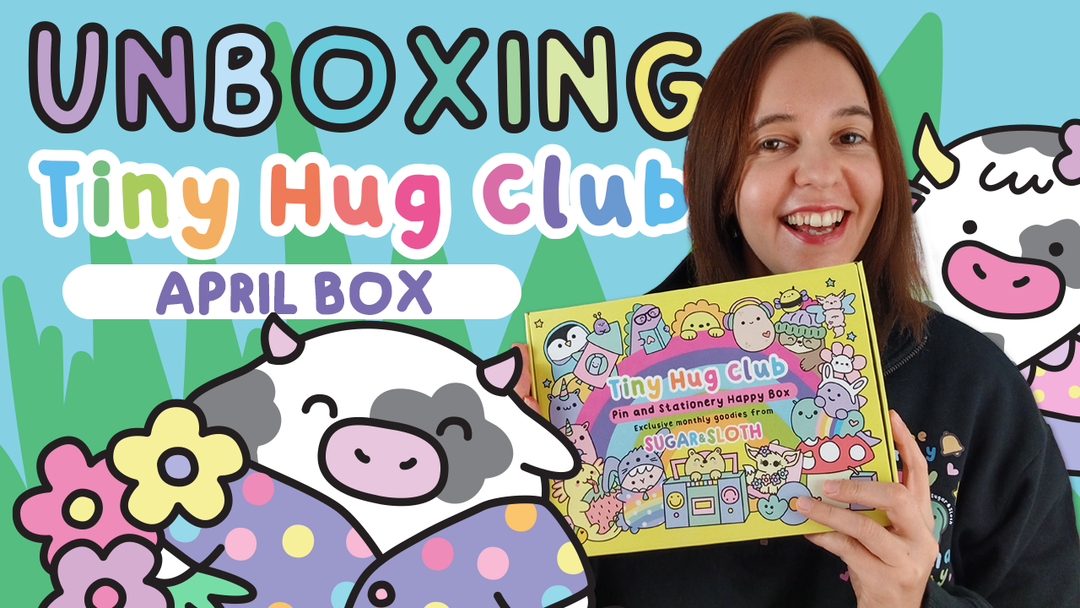
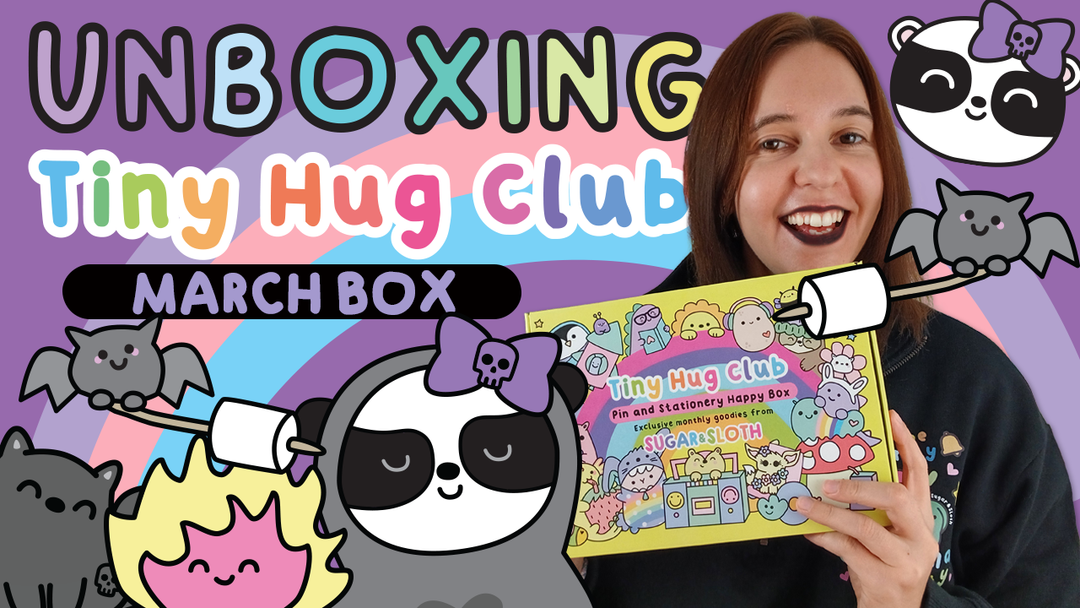
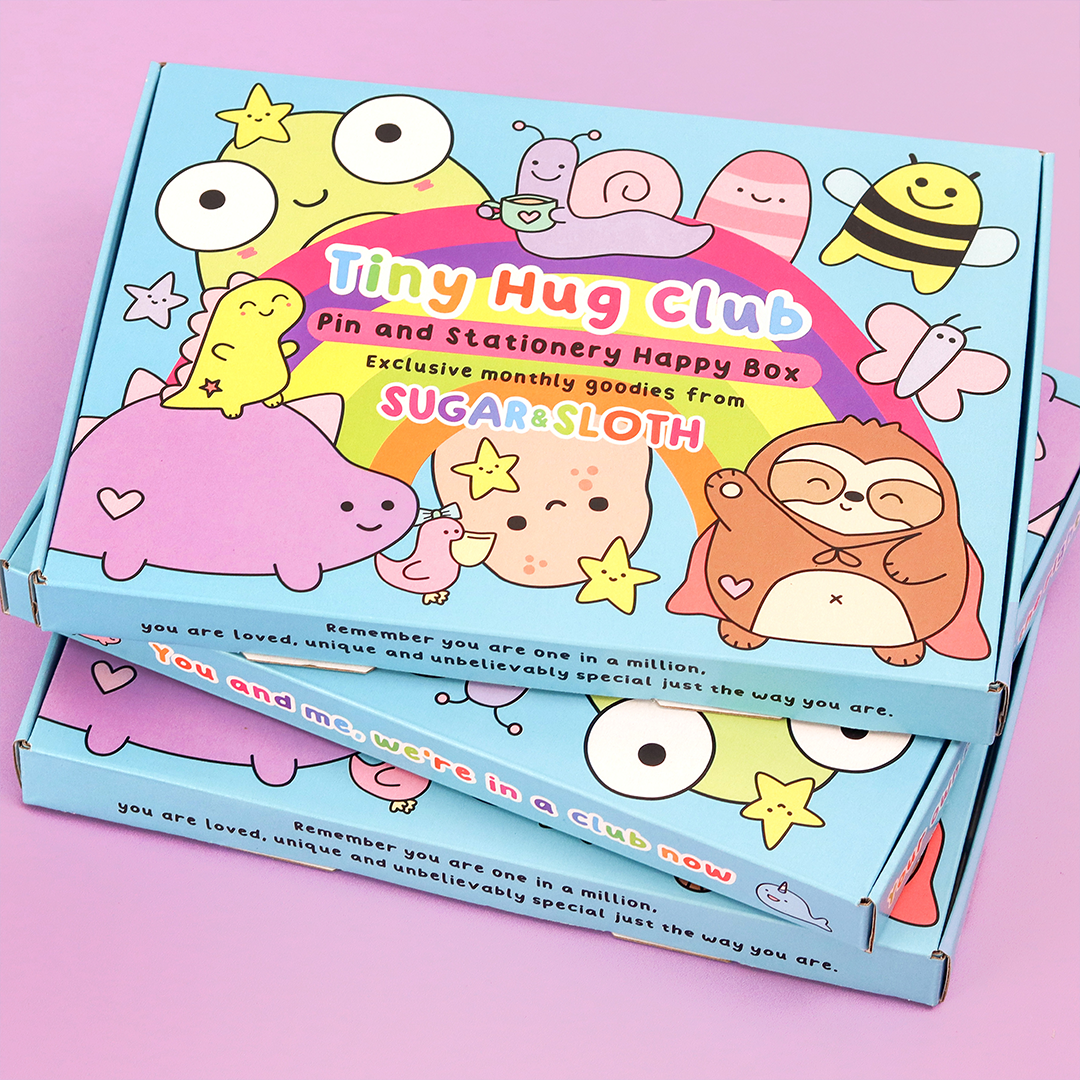


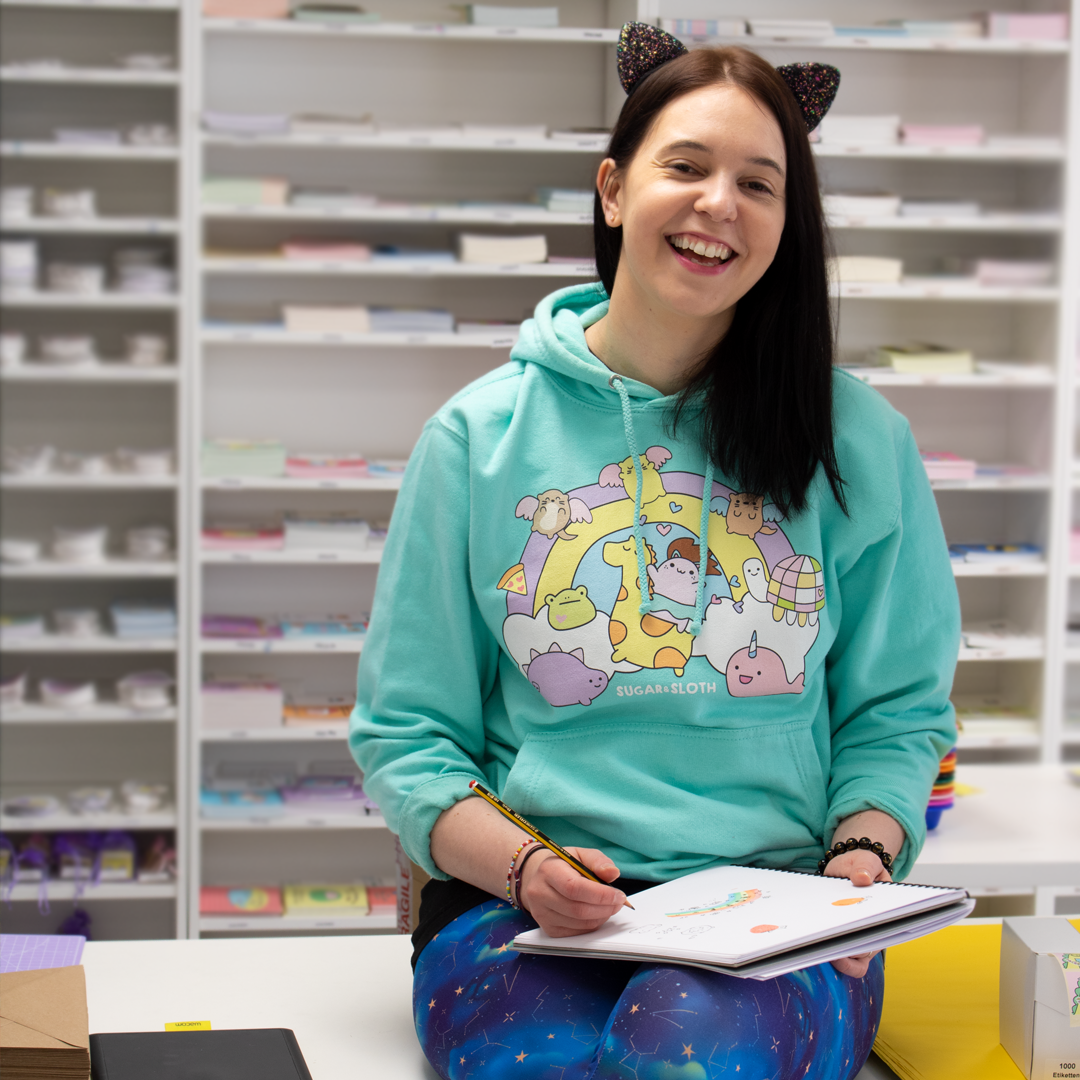
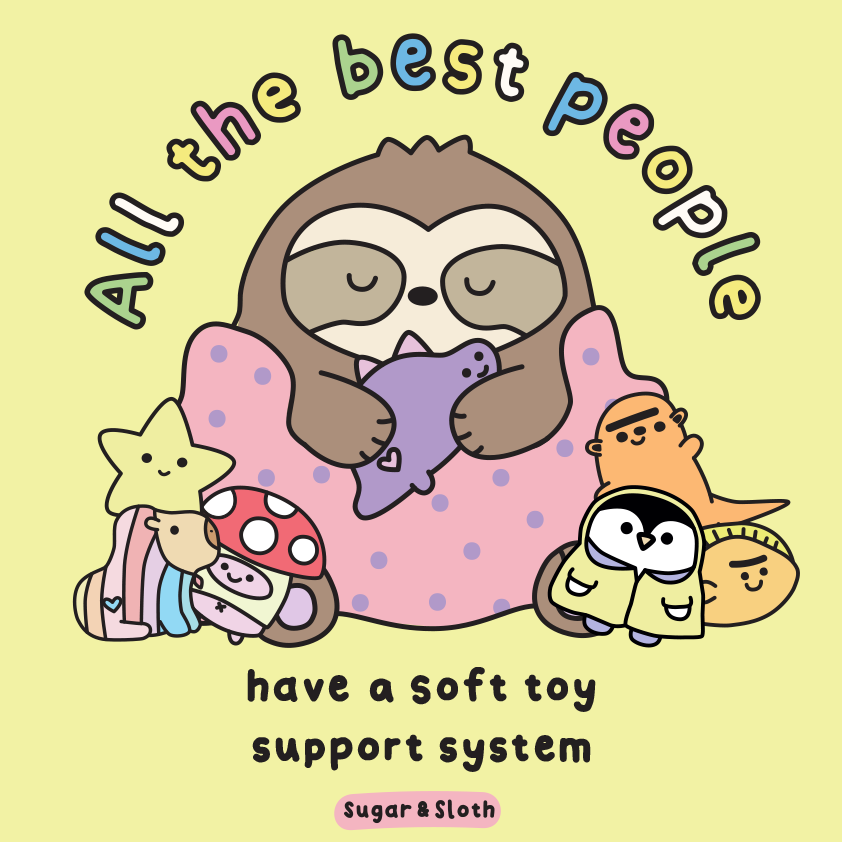
Leave a comment